After spending much of my life in the wilderness of Zambia and having had countless encounters with the country’s fascinating wildlife, some experiences will remain with me for a lifetime.
A few years ago, while I was enjoying morning tea with guests on a game drive, I noticed an elephant behaving very strangely a little way from us. The most unusual thing was that this large adult female seemed to be completely alone. Before long, she began making a beeline straight for where we were sipping tea and munching Godfrey’s delicious muffins. As she got closer it was obvious that she was in a terrible condition, virtually skin and bone, and swaying as she walked.
Our group scrambled into the car and we watched in amazement as she walked to within five metres of us and stopped. There she stood just gazing at us and not moving. It was quite clear now that she was almost dying, and the cause was also glaringly obvious. She had a terrible wound at the end of her trunk. It had been partially severed by a wire snare and the tip had become badly infected and the flesh was rotting. Elephants are surprisingly good at adapting if they lose part of their trunk, but in this case the elephant was unable to use it at all, and so could neither eat nor drink.
The moment had a profound impact on me. It was heartbreaking to witness the suffering that had been inflicted on this magnificent creature. Wire snares are an utterly devastating poaching method as they kill indiscriminately and lead to a terrifying and excruciating deaths. In this instance, I became convinced – and still am – that this elephant had approached us in an attempt to ask for help.
So, what does one do when a severely injured elephant asks for help? Call the experts of course! Mfuwe is home to an incredible organisation called Conservation South Luangwa or CSL. It is an NGO founded by the extremely dedicated and passionate Rachel McRobb. Rachel and her amazing team are a shining light in the fight to save the incredible wildlife and habitats of South Luangwa National Park.
While the elephant stood beside us, I slowly pulled my phone from my pocket. I had one bar of service – just enough to call Rachel and explain our location. CSL immediately scrambled a veterinary vehicle to the distressed elephant. We continued our game drive safe in the knowledge that help was on its way.
The following morning we found out that the veterinary team had tracked the elephant, tranquilised her, and amputated the now useless part of her trunk. They had given her antibiotics to treat the infection and then woken her with an antidote. Over the following days and weeks, she was seen feeding and drinking and was putting on weight again. The operation was a success; she not only recovered from her ordeal, but was able to live very well afterwards, even with her stunted trunk.
It is one of the proudest achievements of my career as a safari guide that we have developed Nkonzi Camp to a point where we can now financially support the incredible efforts of CSL. They are a non-profit NGO and rely heavily on donations from the safari industry to fund their operations. They do unbelievably inspiring work, but of course it is a very expensive organisation to run.
As of the 2019 season, Gavin Opie Safaris is donating $5.00 per person per night directly to CSL on behalf of every guest who stays at Nkonzi Camp. This will raise around $3,000.00 per year for an amazing wildlife conservation cause at the forefront of protecting Africa’s incredible wildlife.
Here’s a little bit more the amazing work CSL are doing every day.
The CSL mission is “To work with community and conservation partner in the protection of the wildlife and habitats of the South Luangwa ecosystem.”
They achieve this in a number of ways.
* Support of wildlife law enforcement. CSL support the National Parks and Wildlife Department and provide training, funding, equipment and logistical support for over 150 community scouts who conduct patrols and provide fast reaction to reports in the field. They also have a spotter plane that routinely patrols the entire area. To date they have removed more than 10,000 wire snares from the bush.
* Assisting local communities to reduce human/wildlife conflict. Measures include construction of elephant proof grain storage bins, as well as using chillies grown by local farmers in a number of ingenious ways to deter elephants and other large mammals from damaging fields and crops.
* Innovating law enforcement techniques. CSL were the first organisation in Zambia to employ a canine unit to combat wildlife crime. The working dogs from America and their Zambian handlers are highly trained and have proved very effective in sniffing out bushmeat, ivory, firearms and various other forms of illegal wildlife contraband.
* Treating animals that have been injured by human activity. CSL employ one of the very few Zambian wildlife veterinarians, Dr Mwamba Sichande. While care is taken not to interfere in the case of natural injuries, there are enough incidents caused by poaching activity to keep Dr Sichande and his team very busy, by darting and treating wildlife. It usually involves removing a wire snare that is caught around a limb or neck, then treating and disinfecting the wound. Often the animal may have been carrying the snare for a long time and the injuries are horrific. They have rescued countless animals, including iconic and endangered species such as elephant, lion and wild dog.

